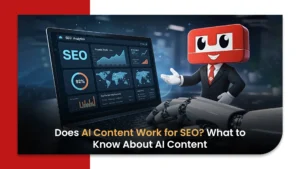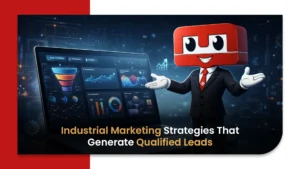
SEO vs. PPC: Which Is Right for Your Business?
The Digital Marketing Dilemma
Want to increase website traffic and lead generation? Then, you’ve undoubtedly pondered whether to spend money on pay-per-click advertising or search engine optimization. This isn’t just a theoretical question for results-driven marketing teams; it’s also a question of where to invest your money to get the best return.
As a Performance Marketing Company, choosing the right strategy can determine how effectively you maximize ROI. Although both strategies can be very effective, not all types of businesses will benefit equally from choosing one over the other. How much you can afford, how soon you need results, and your long-term goals will all influence your ideal approach. Let’s examine the strengths of each choice and when to employ them.
Understand PPC and SEO
Although it takes time, Search Engine Optimization vs Pay-Per-Click eventually pays off. It all comes down to producing excellent content, making your website user-friendly, and obtaining links from other reputable websites in order to move up the natural search rankings. When done correctly, it generates consistent traffic without incurring fees for each visitor.
PPC Advertising vs SEO uses sponsored advertisements to provide instant results. To place your company at the top of search results, you bid on search terms; however, you will be charged each time an ad is clicked.
The simplest way to think about it is as follows: Similar to purchasing a home, SEO takes time and effort up front but eventually turns into a valuable asset. PPC is similar to renting an apartment in that you get access right away, but as soon as you stop, the traffic stops.
How SEO Works?
Think of SEO as a long-distance race rather than a quick dash. Success takes steady effort across several important areas:
- Create Stunning Pages: Identifying relevant keywords, creating appropriate title tags, and producing content that readers will want to read
- Be Specific: You should make certain that your website loads rapidly, functions properly on mobile devices, and provides search engines with the appropriate signals regarding your content
- Develop Your Image: Make sure you obtain backlinks from reliable websites and create favorable social media buzz
- Take the Lead: Consistently releasing informative, worthwhile content will demonstrate to search engines that you are a reliable source.
While the results take time, the visibility you build through SEO becomes a lasting asset for your business.
Look at this:
- The gold rush happens on page one: a whopping 92% of people click on Google’s first page results, and most never bother checking page two.
- More than two-thirds of online journeys start with someone typing into a search box
- Companies that maintain active blogs pull in 55% more website traffic than their non-blogging competitors
SEO won’t make you famous overnight. Most businesses need at least 3-6 months of steady work before seeing meaningful results. But here’s the thing—once those results start coming in, they tend to grow stronger over time rather than fade away.
Just look at success stories like HubSpot and Shopify. These companies didn’t become industry leaders through flashy advertising alone. They built their market dominance by consistently creating valuable content that answers real questions people are asking. Their commitment to publishing expert articles that earn top search rankings has created a steady stream of new customers year after year.
How PPC Works?
SEO vs Paid Ads works like a fast-track ticket to the top of search results. When you use platforms like Google Ads or Bing Ads, your business jumps straight to prime visibility positions.
The beauty is in the speed. Your ads can appear within hours of launching a campaign. The catch? Your visibility lasts only as long as you keep funding your account. Once you stop paying, your traffic goes Down.
Important Factors of PPC:
- Keyword bidding: Competing for ad placements.
- Ad copy & creatives: Persuasive, click-worthy ads.
- Landing page optimization: To get confirmed conversions.
- Budget control: Paying per click, impression, or conversion.
Fun Fact:
- The top three PPC ads get 46% of page clicks.
- PPC visitors are 50% more likely to purchase than organic visitors.
- Google Ads users make an average of $2 in revenue for every $1 spent.
Unlike SEO, which builds over time, PPC results are immediate. But here’s the catch: the moment you stop running ads, your traffic drops. This makes it an excellent strategy for product launches, limited-time offers, and high-competition industries.
General Comparison of SEO vs. PPC usage by country:

SEO vs. PPC: Pros and Cons for Businesses
Factors | SEO | PPC |
Cost | Lower over time | Higher, ongoing expense |
Speed | Takes months | Immediate results |
Sustainability | Long-term growth | Short-term traffic boost |
Click-Through Rate (CTR) | Higher over time | Lower than top organic results |
Trust & Credibility | Builds authority | Seen as ads, lower trust |
Did you know this?
Airbnb grew its organic presence by focusing on SEO vs PPC for Business Growth. In contrast, a startup like a new meal delivery service might rely on PPC for instant traction before investing in SEO.
Cost Comparison: Which Strategy is More Budget-Friendly?
- SEO has higher upfront costs like content, site optimization, etc., but lower long-term expenses.
- PPC is pay-as-you-go, with costs depending on competition. High CPC industries like legal, insurance, etc., can reach $50+ per click.
- The average PPC campaign costs $9,000–$10,000 per month for competitive industries.
A Performance Marketing Company should evaluate the cost-per-acquisition rather than just ad spend. Companies often blend both for the best ROI.
Which Strategy Works Best for Different Business Goals?
SEO is better for:
- Businesses with a long-term growth vision.
- Establishing brand credibility.
- Generating passive traffic.
- Content-driven businesses like SaaS, media, and e-commerce.
PPC is better for:
- New businesses needing immediate leads.
- Seasonal promotions or product launches.
- High-ticket sales with clear ROI.
- Local businesses targeting geo-specific customers.
When to Use SEO, PPC, or a Combination of Both
- Startups: PPC for quick exposure, SEO for sustainability.
- Established Brands: SEO dominance, PPC for retargeting.
- E-commerce: PPC for high-intent searches, SEO for informational queries.
- B2B: SEO for thought leadership, PPC for lead generation.
We have a US-based B2B software client. We increased its lead generation by 170% by running PPC for high-intent keywords and optimizing SEO for long-term organic traffic.
Organic search vs paid search: Which Delivers Better ROI?
- SEO has a higher ROI in the long run. The SEO ROI is 12.2x on average.
- PPC provides immediate ROI, but costs rise over time.
- A balanced digital marketing strategy, SEO vs PPC, often yields the best results.
A study by Moz found that while PPC can generate twice as many conversions in the short term, SEO leads to three times higher ROI over a five-year period.
Common Mistakes Businesses Make in SEO and PPC
SEO Mistakes:
- Keyword stuffing instead of strategic placement.
- Ignoring mobile optimization.
- Neglecting link-building.
- Not updating content regularly because Google favors fresh content!
PPC Mistakes:
- Not optimizing landing pages for conversions.
- Bidding on broad, expensive keywords.
- Overlooking A/B testing.
- Ignoring ad relevance and Quality Score, which impacts cost-per-click.
One of our clients, A luxury jewelry brand, saw poor PPC performance because their ad copy was too generic. After refining their messaging to highlight exclusivity and craftsmanship, their CTR increased by 47%.
SEO vs. PPC costing compariosn different industries

Which is better: SEO or PPC? Or both?
There can’t be the same strategy for every business. A well-structured Performance Marketing Company integrates both SEO and PPC for maximum impact.
Takeaway:
- SEO = Future-proofing your business.
- PPC = Instant results when needed.
- Smart businesses use a data-driven mix of both for optimal performance.
What’s Your Next Move?
Analyze your budget, business goals, and competition to decide the right balance. The businesses that win online aren’t choosing between SEO and PPC benefits; they’re mastering both.
Benefits of SEO and PPC

Companies that invest in a hybrid approach of SEO + PPC tend to dominate their industries. In fact, businesses that run both Digital Marketing Strategy SEO vs PPC campaigns see a 25% increase in overall traffic compared to those relying on just one strategy.
Want to see real results? Learn how to Choose Between SEO and PPC, test both strategies, track performance, and optimize accordingly.
PPC (Pay-Per-Click) can give you quick results, but you have to keep paying for ads. It can be expensive in the long run.
SEO (Search Engine Optimization) takes time, but once you rank, you get free traffic without paying for every click.
Example:
If you run Google Ads (PPC) for a jewelry store, you might pay $2 per click. If 100 people click, you pay $200 for those visitors.
If you rank on Google organically (SEO), you don’t pay per click, so traffic is free after your website is optimized.
SEO pays more in the long run, but PPC gives instant results.
SEO Keywords are free but take time to rank. These are words people search for on Google.
PPC Keywords are paid, and your ad appears instantly when someone searches for them.
Example:
SEO Keyword: “Best diamond rings under $500” (You optimize your website and rank naturally over time.)
PPC Keyword: “Buy diamond rings now” (You pay Google to show your ad immediately.)
No, PPC does not directly improve SEO rankings. Google keeps ads and organic rankings separate.
However, PPC can help SEO indirectly by:
Bringing more people to your website, increasing brand awareness.
Getting more clicks, which may lead to more backlinks (helpful for SEO).
Example:
If you run a PPC ad for “custom engagement rings,” people visit your site. Some may bookmark it, share it, or link to it, which can help SEO over time.
Yes! SEO and PPC work best together for better results.
Use PPC for quick sales while waiting for SEO to rank.
Use SEO to get long-term free traffic and reduce ad spending.
PPC can test keywords, and you can use the best ones for SEO.
Example:
If you sell gold bracelets, you can:
Run a PPC ad to get instant traffic.
Optimize for SEO keywords to rank in Google for free over time.
If a PPC keyword like “affordable gold bracelets” works well, you can also target it for SEO.
Together, SEO and PPC help grow your business faster!

What started as a passion for marketing years ago turned into a purposeful journey of helping businesses communicate in a way that truly connects. I’m Heta Dave, the Founder & CEO of Eta Marketing Solution! With a sharp focus on strategy and human-first marketing, I closely work with brands to help them stand out of the crowd and create something that lasts, not just in visibility, but in impact!
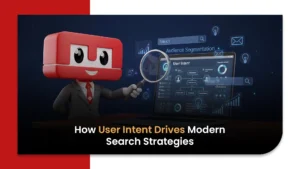
How User Intent Drives Modern Search Strategies
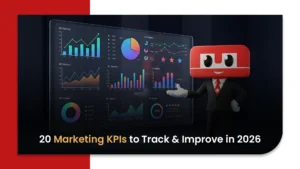
20 Marketing KPIs to Track & Improve in 2026
